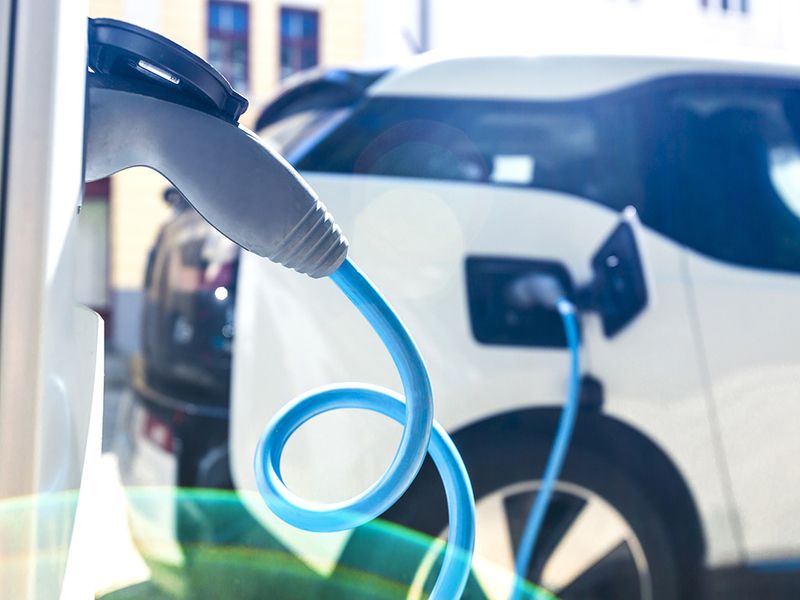
More than half of prospective vehicle buyers or lessees are undecided about choosing a battery-electric vehicle, an inaugural study by J.D. Power shows.
Fifty-nine percent of new-vehicle shoppers are “somewhat likely” or “somewhat unlikely” to consider a BEV for their next purchase or lease, according to J.D. Power’s new U.S. Electric Vehicle Consideration Study.
The study, released Thursday, surveyed more than 9,000 U.S. vehicle shoppers from December 2020 to January 2021 who intend to purchase or lease within 12 months.
This consumer indecisiveness is an opportunity for automakers to sell potential buyers on the idea of an EV. But until that happens, it also could create a temporary surplus in EV inventory as the lineup expands, J.D. Power said.
Of survey respondents who have owned or leased a BEV before, 46 percent say they are “very likely” to consider another. Six percent are “very unlikely” to consider one as their next vehicle.
Half of survey respondents have never been in a BEV, J.D. Power said.
Twenty percent of respondents who have ridden in one are “very likely” to consider one for their next purchase. That number drops to 7 percent for those who have not had the same experience.
This shows that consumers’ willingness to try a BEV is largely dependent on their firsthand experience with the vehicles, said Stewart Stropp, senior director of automotive retail at J.D. Power.
“When you see that type of interest among people who have owned, who have rented them, who have even just ridden in one, with overall consideration, I think it makes a really strong case for this massive opportunity out there to find ways to get customers into these vehicles and physically experience these vehicles,” Stropp told Automotive News.
Information is another key component; 30 percent of respondents who say they will not consider an EV cite having insufficient information about them.
“There’s a subset of reasons for resistance that can all be attributed to a lack of information, whether it be around applicable incentives, tax credits, utility rate adjustments, even things like resale value,” Stropp said. “There are real opportunities throughout the industry to put forth more educational materials for customers regarding all aspects.”
The study found that 27 percent of shoppers considering a BEV cite a Tesla model as their top choice — but among those respondents, only 4 percent say that is the only model they are considering.
Consumers say they might consider another brand for reasons such as better performance, price and features, as well as functionality, technology or capacity, J.D. Power found.
More than 40 percent of those who say they are not considering a BEV say they will consider a plug-in hybrid or hybrid in the next two to four years, while 27 percent of respondents say they will consider a BEV in the same time frame.
Ultimately, automakers have a way to go to convince more of the public to consider a BEV as their next purchase or lease, and experience and information are among the most critical ways to boost adoption.
“If [consumers] can experience these types of things for themselves, I think a lot of those preconceptions and reservations might fall away,” Stropp said. “All too often shoppers are forming their opinions about battery-electric vehicles in an absence of information or knowledge, so getting them in the cars can be a huge step forward.”